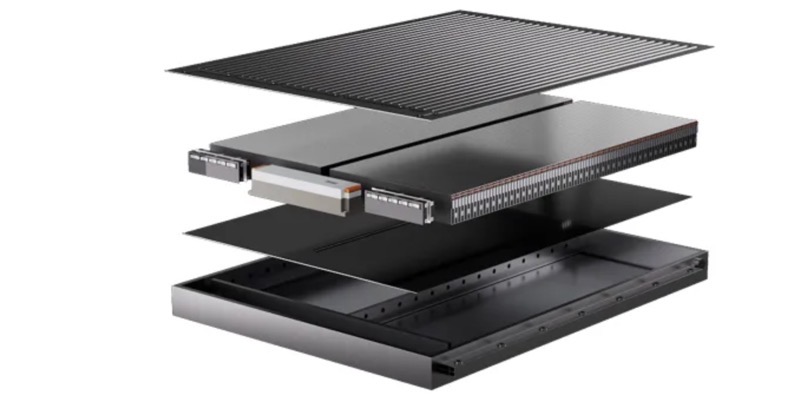Chinese Startup Claims EV Battery Tech Beats Cold Weather

Greater Bay Technology, a Chinese battery startup, has announced a breakthrough development that could transform the electric vehicle (EV) industry – an all-weather battery capable of maintaining power and range even in the harshest cold climates.
Dubbed the Phoenix, the novel cell is designed with superconducting materials and integrated with cutting-edge thermal management technology. According to the firm, this battery can heat itself from -4F to 77F in a mere five minutes, enabling the lithium-ion battery to operate as normal and charge within six minutes in all types of weather.
Greater Bay’s co-founder and chairman, Huang Xiangdong, told Bloomberg, “The range of EVs is significantly affected in cold regions, leading to a terrible user experience. The Phoenix battery addresses not only the extended charging time for EVs but other pain points as well. Whether it’s a hot or cold day, the Phoenix battery’s range won’t be compromised.”
The startup, which spun out of the state-owned automaker Guangzhou Automobile Group Co. in 2020, is making waves in China’s competitive battery-making industry, currently dominated by powerhouses like Contemporary Amperex Technology Co., BYD Co., and Gotion High-tech Co.
Greater Bay achieved unicorn status — a valuation of over $1 billion — just two years post-founding. Its first-generation battery, the extreme fast charge cell, is designed to recharge an EV in about the same time it takes to fill a gas tank.
Allegedly, the battery fully charges within 15 minutes, providing an average range of 500 kilometers (310 miles) on a sufficient output charger. This impressive tech is currently deployed in the V Plus electric SUV from GAC’s Aion, the third most popular EV brand in China.
While the journey from development to mass production will take time, Huang forecasts that the Phoenix battery will power some of Aion’s EVs next year. The company is also negotiating with other automakers to adopt the revolutionary cell, which purportedly has a range of 1,000 kilometers on a single charge.
Huang expressed optimism about the Phoenix battery’s potential for widespread adoption, saying, “Once EVs can be driven and maintained like gasoline cars, then there’s a greater chance for mass adoption.” It remains to be seen if the claims will hold up to cold weather in real life, but it sounds promising on paper.
